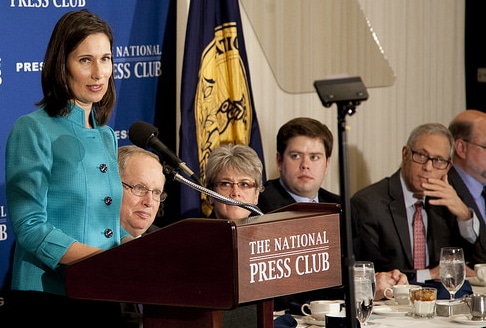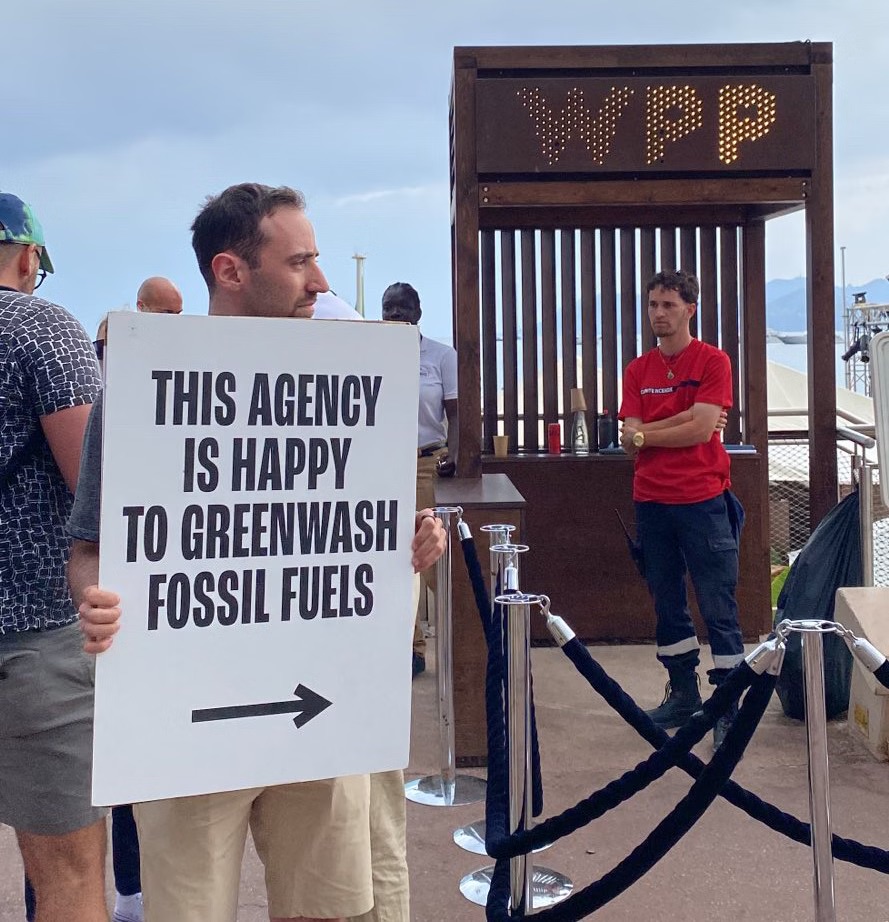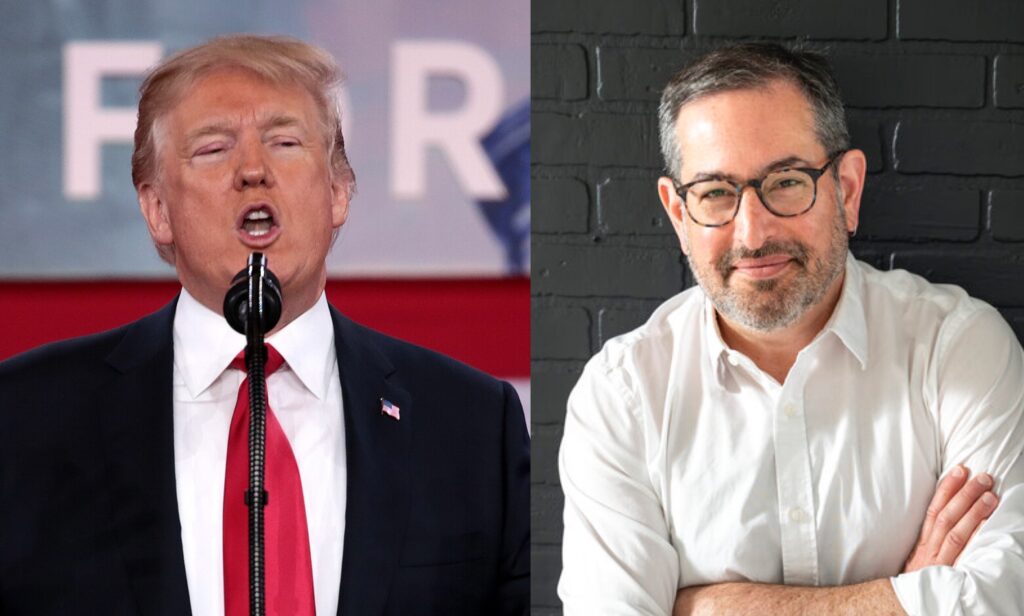On August 20, 1969, two Penn Central commuter trains collided head-on near Darien, Conn. Four people were killed and 43 were injured. The crash led the National Transportation Safety Board (NTSB) to recommend that railroads implement new safety technology called positive train control — a system for monitoring and controlling train movements to increase safety.
The NTSB first recommended positive train control in 1970. In 2008, after another fatal train collision that killed 25 people, Congress finally passed the Rail Safety Improvement Act, which mandated positive train control be implemented by the railroad industry by the end of 2015.
Fast-forward another six years to multiple congressional hearings in recent months, during which the railroads have informed Congress that positive train control simply won’t be implemented by the end of 2015. It’s been 44 years since the NTSB first recommended positive train control to improve rail safety in the U.S. and it is still not being used.
Looking at the way the positive train control scenario has played out for the past 44 years offers valuable lessons on how the U.S. is now dealing with safety regulations for shipping oil by rail.
Last week, the NTSB held a two-day forum on rail safety regarding the transportation of crude oil and ethanol. One of the main topics was how to improve rail tank car safety and what to do with the DOT-111 tank cars currently being used to ship crude oil and ethanol.
Much like positive train control, the NTSB has been recommending for decades that the DOT-111 tank cars not be used for ethanol and crude oil transportation due to the high risks they pose in derailments.
So why hasn’t anything been done? Mostly because of opposition by oil and gas industry groups, such as the American Petroleum Institute (API). The API was a constant presence at last week’s rail safety forum, just as it has been at congressional hearings on rail safety this year. A recent Reuter’s article alluded to the problem:
“Industry sources say compromise has been difficult among stakeholders with different concerns such as costs and whether an overly bulky model might limit cargoes.”
Basically, API is opposed to making changes to the rail tank cars because safety cuts into profits. Even NTSB Chairman Deborah Hersman pointed to the profit motive in an interview with NPR on April 25th. Hersman said, “Absolutely. Follow the money. It all comes back to the money.”
And the reality is that API’s members don’t have to worry about paying for accidents caused by using these unsafe DOT-111 cars. The current estimate for what it will cost to clean up and rebuild from the oil train accident in Lac-Megantic, Que., is $2.7 billion, which will be paid by Canadian taxpayers, not by oil or rail companies.
During the recent rail safety forum, the NTSB’s Hersman asked Lee Johnson of the American Petroleum Institute: “Given the rates that we heard earlier for production and the needs of your members how long do you think we are going to see DOT-111 tank cars to continue to exist in the fleet and at what rate percentage?”
Subscribe to our newsletter
Stay up to date with DeSmog news and alerts







